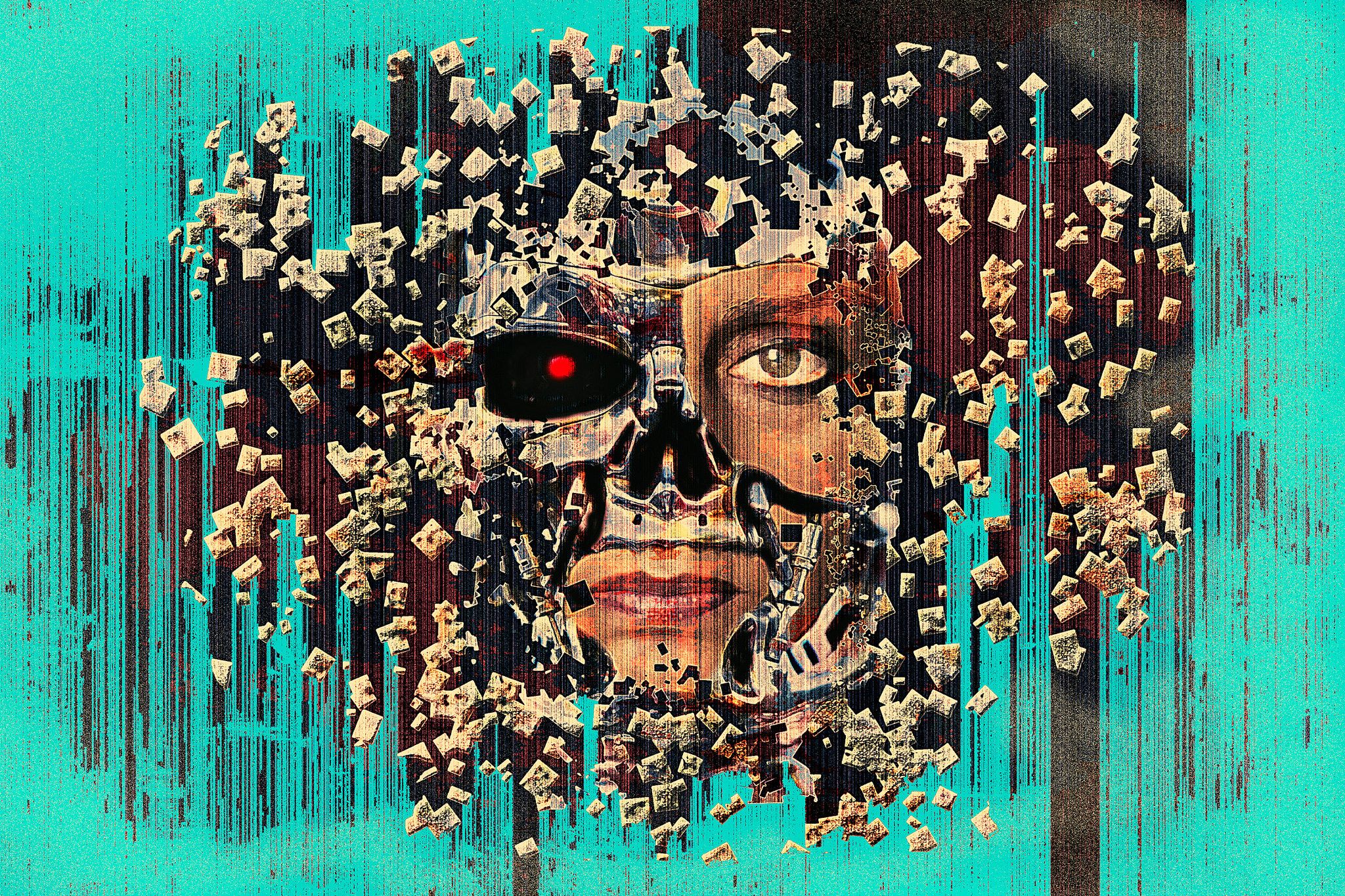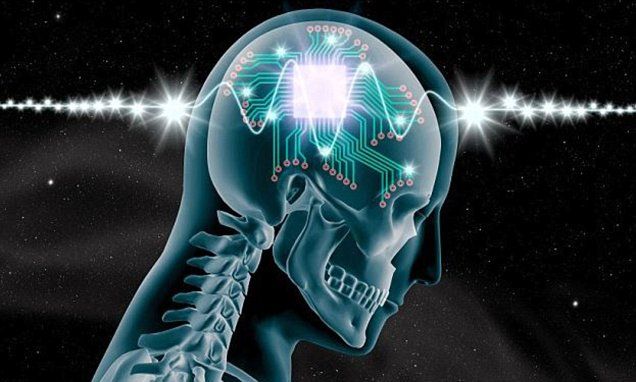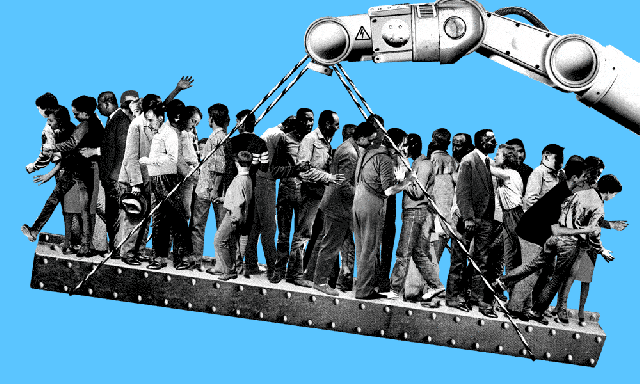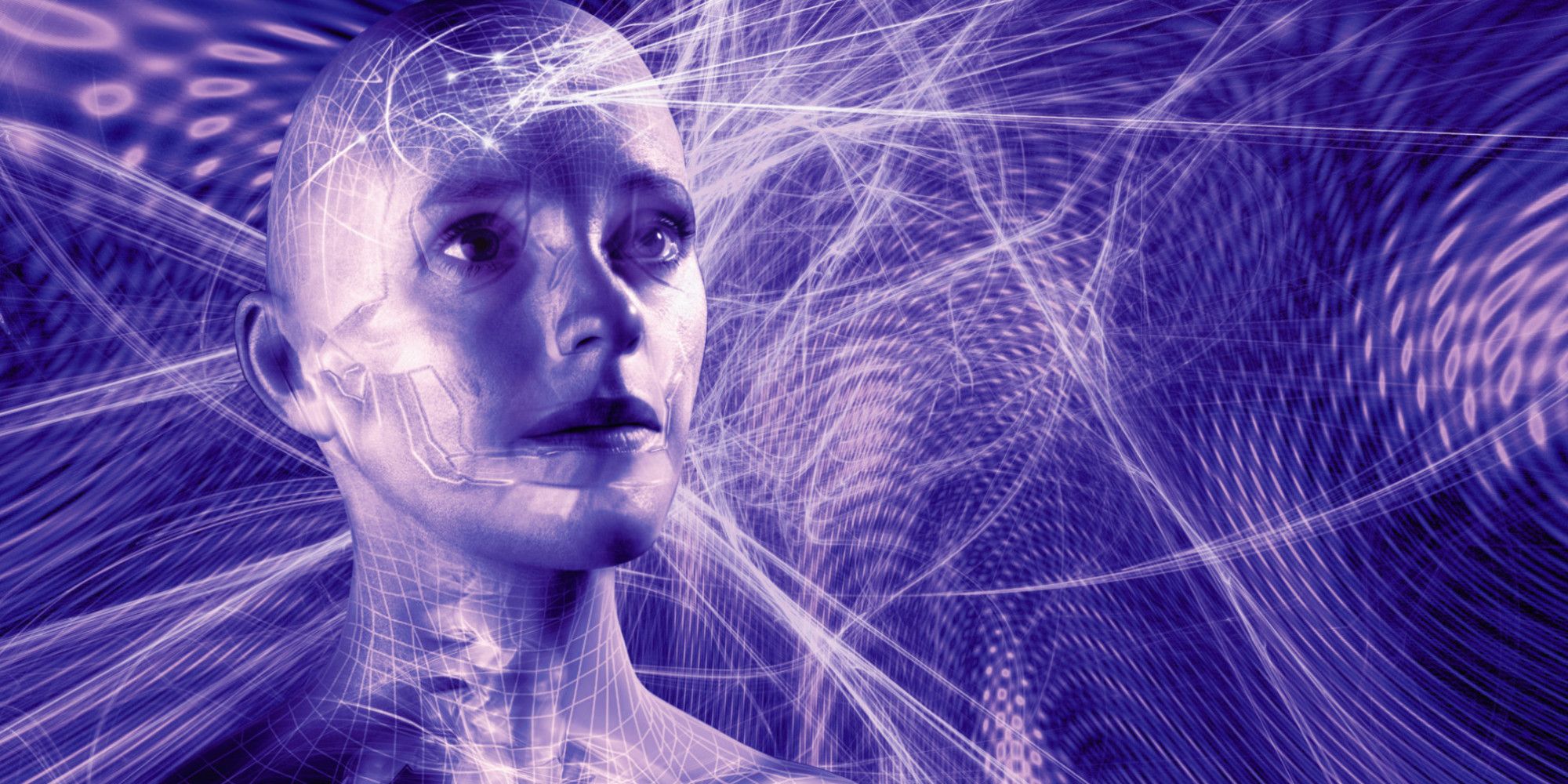Mar 9, 2018
Biometric Data And The Rise Of Digital Dictatorship
Posted by John Gallagher in categories: futurism, privacy
Is humanity doomed? Are we one of the last generations of homo sapiens — soon to be supplanted by engineered cyberbeings, with a distant semblance to their creators (us)?
On Jan. 24, historian and international best-selling author Yuval Noah Harari presented his view of the future at the World Economic Forum in Davos, Switzerland. Harari wrote Sapiens: A Brief History of Humankind and also Homo Deus: A Brief History of Tomorrow.
In a riveting 25-minute presentation, Harari painted a very gloomy — but possible — view of the future, based on his thesis that we are now in our third grand revolution: the control of data, following the control of land (Agrarian Revolution) and the control of machinery (Industrial Revolution). The point of no return, Harari contends, will happen when technology will be able to extract high-precision biometric data from people and report back to a centralized decision-making control system, owned by governments or by corporations — or both. By biometric, he means your pulse, pressure, sweat composition, dilation of your pupils, etc.: kind of a lie-detector on steroids.
Continue reading “Biometric Data And The Rise Of Digital Dictatorship” »














